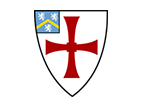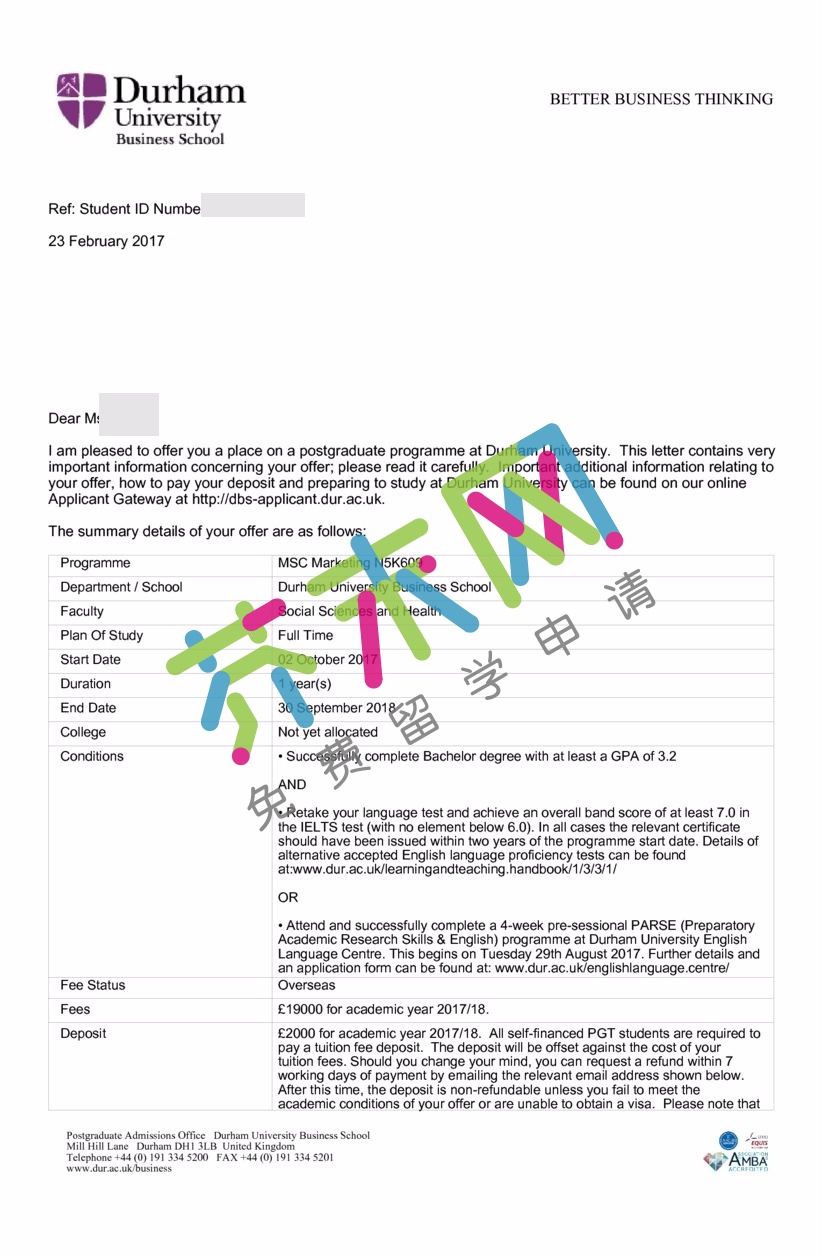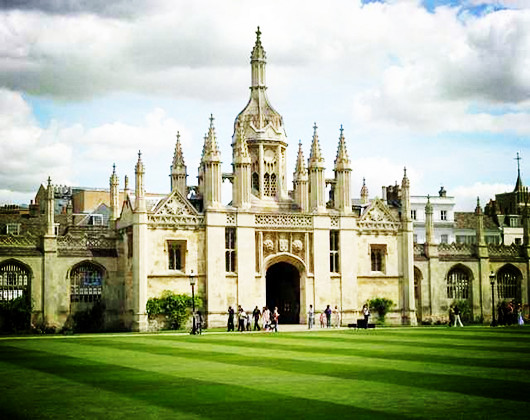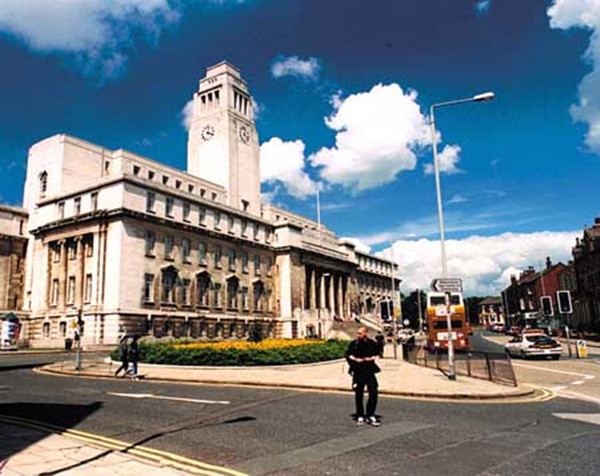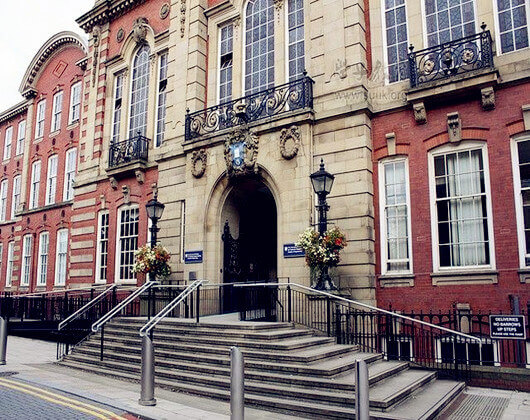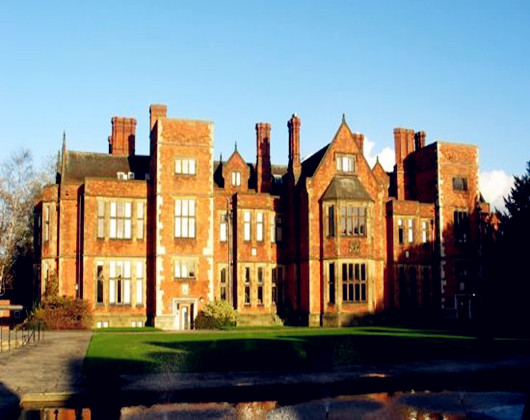Term 1 Core modules are: Contemporary Marketing Communication Consumers and Consumption Marketing Theory Marketing Management and Strategy Term 2 Arts, Heritage & Tourism Marketing Global Marketing Retail Marketing Management Services Marketing Business to Business Marketing Competitive Strategies and Organisational Fitness Consulting Innovation and Technology Management New Venture Creation Society and Sustainability Advanced Marketing Strategy Term 3: Business Project or Dissertation
 日本
日本
 韩国
韩国
 英国
英国




